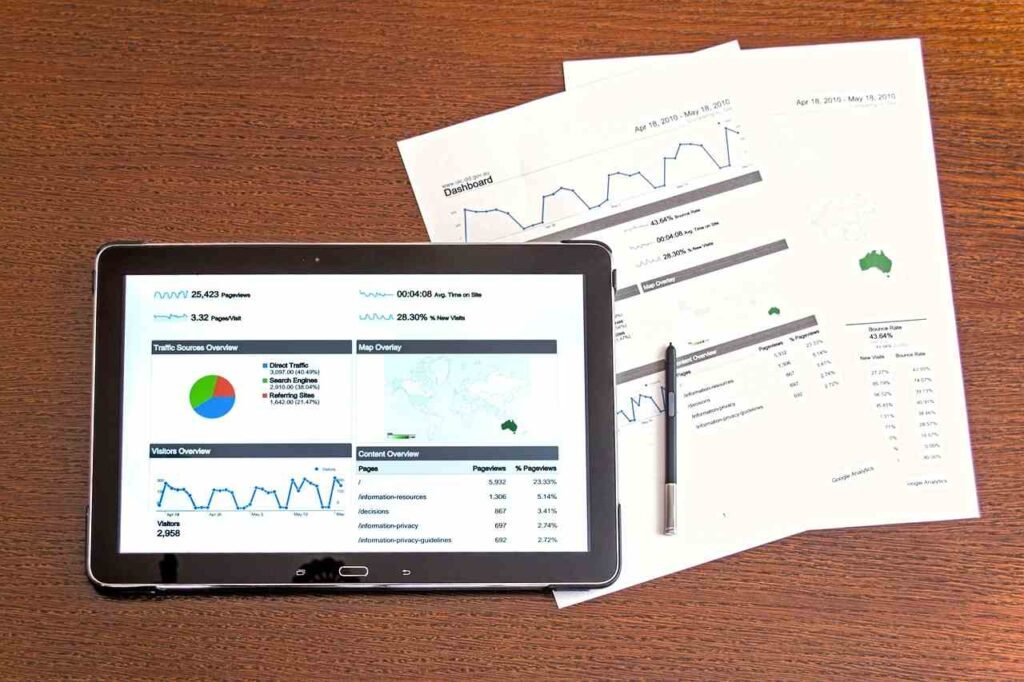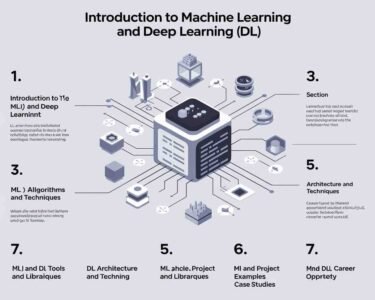Learning Data Analysis With Power BI and SQL

Applications of Data Analysis
Informed Decision-Making
Individuals and organizations use Data Analysis to generate insights, identify trends, and analyze patterns. This provides a clear understanding of relationships between variables, supporting strategic decision-making.
Business Optimization
Businesses leverage Data Analysis to streamline operations, improve supply chain efficiency, and enhance customer experiences. The actionable intelligence provided helps cut costs and boost productivity.
Competitive Advantage
In today’s market, organizations using Data Analysis gain an edge by identifying trends and adapting strategies based on actionable insights.
Enhanced Productivity
Professionals with data analysis skills can automate tasks and focus on high-value activities, leading to increased productivity.
Personal and Professional Growth
Acquiring Data Analysis skills boosts employability and career prospects, paving the way for both personal and professional development.
Power BI: A Must-Learn Tool
Why Learn Power BI?
Power BI is a powerful tool for data visualization and reporting, making it essential for aspiring Data Analysts and Data Scientists.

Key Benefits of Power BI:
- Create Interactive Dashboards: Simplifies decision-making with visually appealing dashboards.
- Engage Stakeholders: Enhances the presentation of data insights.
- Data Integration: Easily imports data from sources like Excel, SQL, and Google Analytics.
- User-Friendly: Designed for beginners with no programming experience.
- Career Growth: Adds a high-demand skill for better job opportunities and higher salaries.
SQL: The Backbone of Data Analysis
Why Learn SQL?
SQL (Structured Query Language) is indispensable for extracting and managing data from relational databases.
Key Benefits of SQL:
- Data Extraction: Retrieve data efficiently from databases.
- Data Filtering: Analyze complex datasets with filtering and grouping.
- Ease of Learning: Simple syntax makes it accessible for beginners.
- Integration Capabilities: Works seamlessly with Power BI, Tableau, Python, and R.
- Career Opportunities: Opens doors to roles such as Data Analyst, Data Scientist, and BI Developer.
- Support Decision-Making: Helps management make informed choices through data insights.




